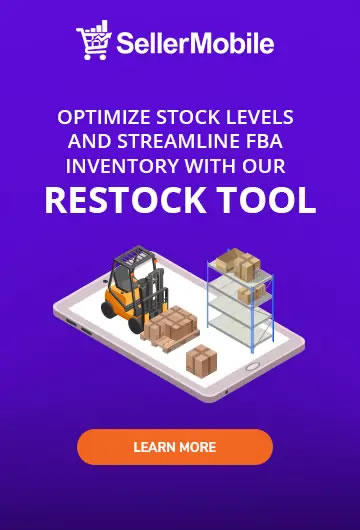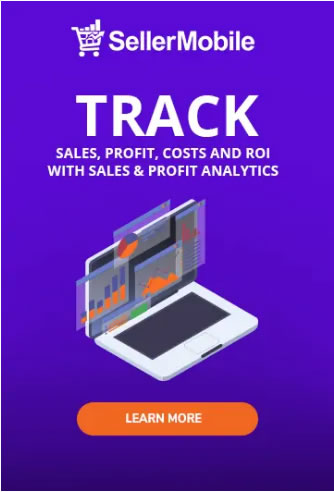It doesn’t come as a surprise that the more products you sell on Amazon, the more fees Amazon will charge you. The biggest expense you will most likely face as an Amazon seller is the Fulfillment by Amazon FBA fees. There is an array of fees that you could pay and each of them needs careful attention. However, as you grow your business, these fees will not only consume your time but also affect your profit margin.
We put together the three factors that are likely causing you to pay too much FBA fees.
Long Term Storage FBA Fees
The amount you pay for storage fees will be based on how much inventory you have stored and how long that inventory has been stored on Amazon’s fulfillment centers. Amazon charges long-term storage fees on February 15 and August 15 every year. You will be notified a month prior the charge date on how much you owe.
Products that have been stored for 6 to 12 months could cost you $11.25 per cubic foot. For products that have been stored for 12 months or longer, you will need to pay $22.50 per cubic foot. Take note, these fees are added to your monthly inventory storage fee. Thus, the bigger your products and the longer they have been in inventory, the more you will have to pay.
To avoid paying for unnecessary storage fees, stock only 2 months of sales at any period. For instance, if you are selling 100 items per month, then only hold 200 items of stock at Amazon. For any extra inventory, keep them in your garage or another storage facility to prevent stock outs.
Pick and Pack FBA Fees
FBA fees are the cost you pay Amazon for picking, packing and shipping your products. This also includes any shipping costs. While the FBA service is very convenient, it comes with extra fees based on the size and weight of your product.
For example, placing a small standard size product in a large standard size package could possibly charge you $4.71 per shipment rather than $2.41. Standard size products weigh less than 20 pounds or have dimensions smaller than 18x4x8 inches. Fees for these products can range from $2.41 to $4.71. On the other hand, items that weigh more than 20 pounds are categorized as oversize products. Fees for these products start at $8.13 with an additional fee of $0.38 per pound over the first two pounds.
With that said, make sure to target products that are lightweight and can fit into a shoebox or smaller. On top of that, always review the weight and dimensions of every single FNSKU before it leaves your warehouse.
Refunded but NOT Returned FBA Fees
One of the benefits of being an FBA seller is that Amazon will handle customer service for you. They take responsibility for those returned products to come back to their fulfillment centers. That means, once the customer decides to return the product they purchased from you, Amazon notates your account with a refund.
However, it is important to remember that if your products are eligible for free returns through Amazon Prime, you are required to pay an additional fee for FBA returns. For items without free returns, returns processing is covered in the fulfillment fee.
A problem could occur when the item does not return from the customer and the refund has been given. Or, when the product does come back to Amazon but gets lost in Amazon’s return process. Whatever the case may be, you should be eligible for reimbursement.
Bottomline
Amazon charges various fees for the privilege of selling on their marketplace. It pays to invest in third party tools that can help you calculate and keep track of your true Amazon FBA fees. SellerMobile, for example, offers storage fees analysis so sellers are guided on how much they have to pay for their inventory on a monthly basis. Try our software today for 30-days for free.





